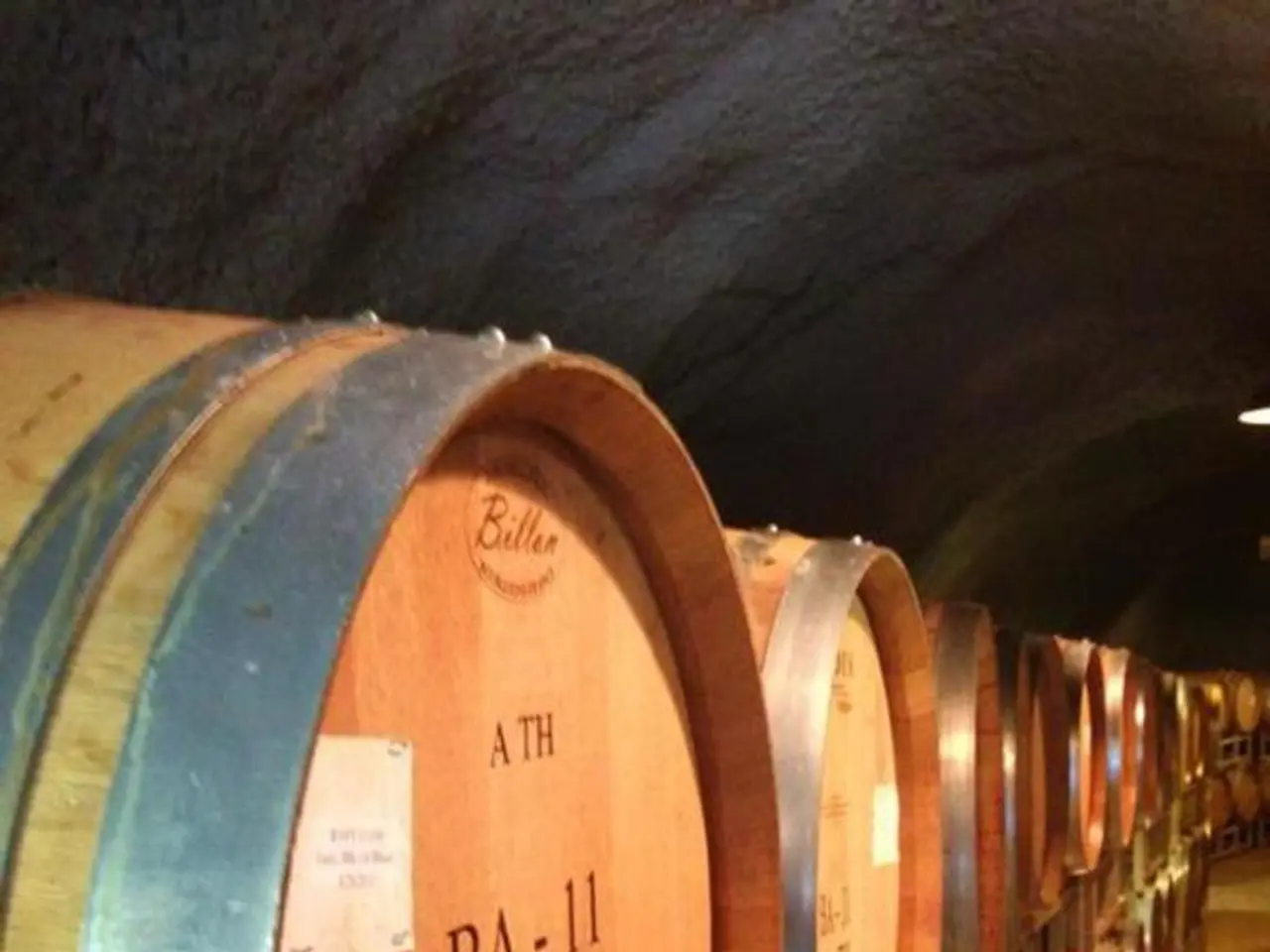Federal nuclear waste management company Deep Isolation secures an agreement with a significant government contractor
Deep Isolation, a cutting-edge technology company, has struck a deal with Navarro Research and Engineering to license its technology for storing nuclear waste in deep boreholes. This partnership aims to accelerate the commercialization of Deep Isolation's innovative solution in the United States, particularly in Tennessee and Idaho.
Currently, spent fuel nuclear power plants produce waste that sits in pools or in dry storage casks on site at atomic generating stations. The U.S. had plans for a major repository in Nevada's Yucca Mountain, but construction was halted under President Barack Obama. This leaves a gap in the long-term storage of nuclear waste, a problem that Deep Isolation's technology aims to address.
Deep Isolation's technology enables the safe and permanent storage of nuclear waste deep underground. The company's patented borehole repository systems and canisters will now be at Navarro's disposal, thanks to the licensing agreement. Navarro can use this technology for its work with federal agencies such as the Department of Energy, the National Nuclear Security Administration, and the Department of Defense.
The deal comes amid a push to revive construction of nuclear reactors, putting pressure on the existing waste storage on site at national labs and power plants across the U.S. The agreement is expected to bring in at least $300,000 annually for Deep Isolation, depending on the usage of its technology.
Navarro's strong presence in Tennessee and Idaho will be instrumental in the commercialization of Deep Isolation's technology in these areas. The partnership could also pave the way for broader commercialization of Deep Isolation's technology, as Finland has already opened the world's first permanent repository for nuclear waste on Okliluoto Island, and Sweden and Canada have plans to follow suit with their own deep underground storage.
The story was updated to correct that the agreement between Deep Isolation and Navarro will bring in at least $300,000 annually, not $330,000. It's worth noting that the overall volume of nuclear waste is minimal compared to the waste produced per megawatt of other electricity sources.
The deal could also open up opportunities for other nuclear startups, including Oklo and Curio LV, which are working to commercialize technology to recycle spent nuclear fuel. Chris Gadomski, the chief nuclear analyst at the consultancy BloombergNEF, stated that there's room for both recycling and long-term storage solutions to coexist.
The Trump administration has recently signaled its support for reprocessing spent nuclear fuel, adding to the growing momentum for nuclear waste management solutions. Rod Baltzer, the chief executive of Deep Isolation, said this is a big step in rolling out their permanent nuclear waste storage solution.
However, it's important to note that the founders or leadership of Deep Isolation, which signed the license agreement with Navarro Research and Engineering for using their technology for storing radioactive waste in deep boreholes, are not explicitly mentioned in the provided search results.
In the past, the U.S. abandoned its first commercial recycling effort in the 1970s, and there has never been another serious attempt at creating an industry for recycling spent nuclear fuel since. The agreement between Deep Isolation and Navarro could mark a new chapter in the U.S.'s approach to nuclear waste management.
Read also:
- MRI Scans in Epilepsy Diagnosis: Function and Revealed Findings
- Hematology specialist and anemia treatment: The role of a hematologist in managing anemia conditions
- Trump announces Chinese leader's confirmation of TikTok agreement
- A Week in Pixelized Realm: The Transformation of the World in Digital Form




